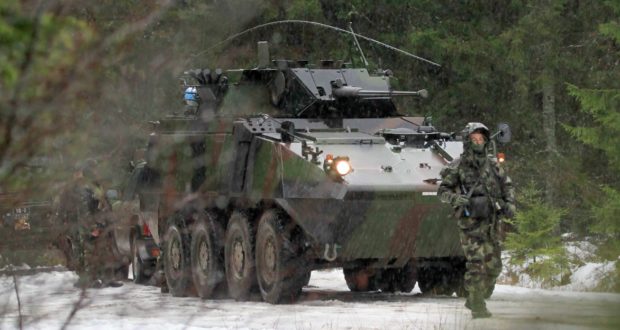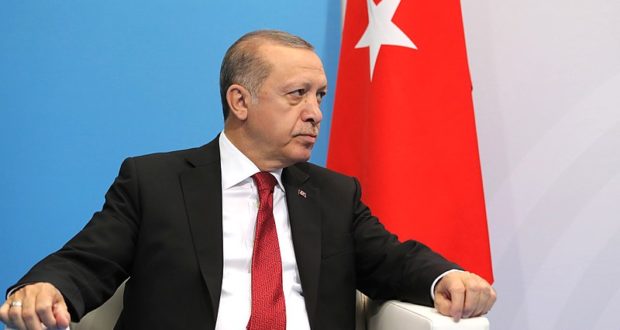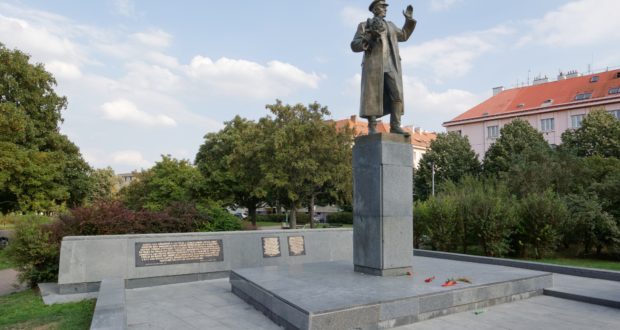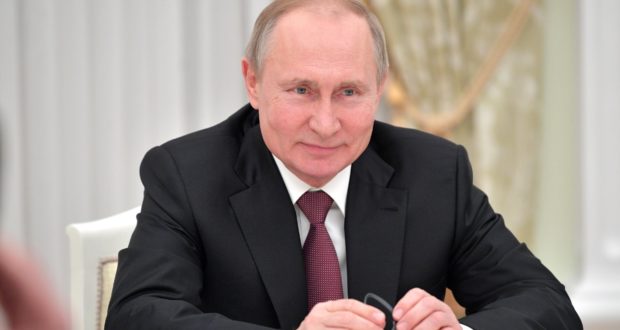Oliver Hegglin
September 11, 2020
Europe, Latest Articles, Security and Defence, Uncategorized
In a previous article from the Human Security Centre on the topic of neutral European states, the concept of neutrality was examined in relation to how Switzerland, Austria and Ireland have put neutrality into practice, including a history of neutrality in each of these countries, followed by an analysis of conventional ground-based military assets. This second article which looks into aerial and naval military assets, and examines how neutrality is practiced as a foreign policy by these three countries.
Read More »
Simon Schofield
August 31, 2020
Europe, HSC in the Media, Latest Articles, Security and Defence, Uncategorized
Human Security Centre (HSC) Senior Fellow Simon Schofield has had a comment piece examining Turkey's foreign policy ambitions published in Reaction. In the article, he outlines how Ankara's conflict with Athens over maritime Exclusive Economic Zone boundaries and sponsorship of jihadists represent the latest manifestation of a Turkish foreign policy approach that risks undermining NATO and the West.
Read More »
Hamish Cruickshank
August 28, 2020
Europe, Latest Articles, Opinion, Russia and Eurasia, Security and Defence, Uncategorized
The Government’s tepid response to the Russia Report is unlikely to have made any in the Kremlin lose much sleep. A stronger effort is therefore imperative to deter any future attempts to undermine UK democracy.
Read More »
Irena Baboi
August 3, 2020
Europe, Latest Articles
On 24 June, the Hague-based Specialist Prosecutor’s Office (SPO) announced that Kosovo President Hashim Thaci was being indicted for his role during Kosovo’s war of independence from Serbia. If convicted, Thaci will be the first high-level Kosovar politician to face trial for wartime wrongdoings.
Read More »
Oliver Hegglin
July 27, 2020
Europe, Latest Articles, Security and Defence, Uncategorized
The law of neutrality was codified in 1907. Otherwise known as the Hague Convention, this document sets out the rights and responsibilities of neutral states. Since its writing, two World Wars and the Cold War have challenged neutral states to take steps and ensure their neutrality while giving them the chance to develop unique foreign policies.
Read More »
Simon Schofield
July 5, 2020
Europe, HSC in the Media, Latest Articles, Middle East and North Africa, Security and Defence, Uncategorized
Human Security Centre (HSC) Senior Fellow Simon Schofield has had a comment piece examining the latest developments in Turkish foreign policy published in CapX. In the article, he outlines how Ankara's interventions in Iraq, Syria and Libya, fostering of jihadists and colluding with powers such as Iran have left relations between Turkey and the West at a critical juncture.
Read More »
Hamish Cruickshank
June 22, 2020
Europe, Latest Articles, Russia and Eurasia, Security and Defence
While the plot may have turned out to be a complete fabrication, the fear and panic inspired by the initial reports serve as a reminder that mokroye delo - wet affairs or “wetwork” in the West - has seen a resurgence under Vladimir Putin.
Read More »
Irena Baboi
June 19, 2020
Asia and Pacific, Europe, Latest Articles
Much like the ties with Russia, close relations with China are seen by the Serbian President as a means to pressure the West into increased involvement – a strategy that appears not without its successes.
Read More »
Hamish Cruickshank
May 8, 2020
Latest Articles, Russia and Eurasia, Security and Defence
Any hopes of an alternate course for Russia have surely been dashed by the constitutional overhaul and it appears that the future will hold significantly more continuity than change for the country both internally and externally.
Read More »
Constantin Eckner
May 2, 2020
Cultural Heritage under Threat, Latest Articles, Middle East and North Africa, Uncategorized
The world of football is often less about the game on the field and much more about anything that happens around it. Governments exploit the sport for propaganda, investors for reputation improvement, and sports officials for personal gain.
Read More »
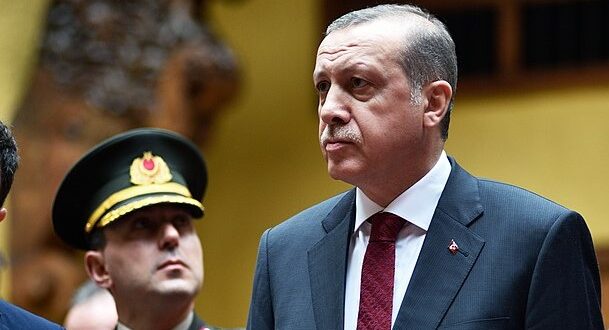
 Human Security Centre Human Rights and International Security Research
Human Security Centre Human Rights and International Security Research



